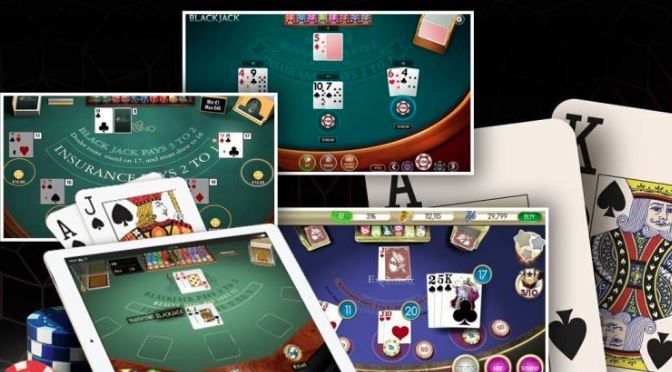The house edge in blackjack is a crucial concept for players to understand, as it represents the statistical advantage that the casino has over the player. Here’s a detailed look at how the house edge works in blackjack and how it impacts your gameplay:
Understanding the House Edge in Blackjack
1. What is the House Edge?
1.1. Definition
- House Edge: The house edge is the percentage of each bet that the casino expects to keep over the long term. It reflects the average loss players can expect to incur per bet made.
1.2. Calculation
- Formula: The house edge is calculated based on the difference between the probability of the player winning and the probability of the casino winning, adjusted for the payout structure of the game.
2. Factors Influencing the House Edge
2.1. Rules Variations
- Blackjack Payouts: Traditional blackjack pays 3:2 for a blackjack, while many variations pay 6:5 or even money. Lower payouts increase the house edge.
- Dealer Rules: Dealer rules such as standing on a soft 17 (an Ace and a 6) or hitting on a soft 17 affect the house edge. Dealers standing on soft 17 generally result in a lower house edge.
- Number of Decks: The number of decks used affects the house edge. Generally, fewer decks result in a lower house edge. Single-deck games tend to have a lower house edge compared to multi-deck games.
2.2. Player Strategy
- Basic Strategy: Using optimal basic strategy can reduce the house edge significantly. Incorrect or suboptimal strategies can increase the house edge.
- Card Counting: Advanced techniques like card counting can shift the edge in favor of the player. However, casinos are aware of this and employ measures to counteract card counting.
2.3. Side Bets
- Side Bets: Many blackjack games offer side bets (e.g., insurance, perfect pairs) with higher house edges than the main game. Avoiding or minimizing side bets can help reduce the overall house edge.
3. House Edge by Blackjack Variation
3.1. Standard Blackjack
- House Edge: Typically ranges from 0.5% to 1% with optimal basic strategy and favorable rules.
3.2. Spanish 21
- House Edge: Generally higher than standard blackjack due to the removal of 10s from the deck. The house edge usually ranges between 0.4% and 0.8%, depending on the specific rules and bonuses.
3.3. Blackjack Switch
- House Edge: This variation has a higher house edge due to its unique rules and the 1:1 payout for blackjacks. The house edge can be around 0.5% to 1% with optimal play.
3.4. European Blackjack
- House Edge: Slightly lower than American blackjack due to the dealer not receiving a hole card until after the players have finished their hands. The house edge is typically around 0.4% to 0.6%.
3.5. Vegas Strip Blackjack
- House Edge: Often has a house edge of about 0.5% with favorable rules, such as dealer standing on a soft 17 and allowing late surrender.
4. Strategies to Minimize the House Edge
4.1. Learn Basic Strategy
- Optimal Play: Familiarize yourself with basic strategy charts, which provide the best possible decisions for every possible hand combination.
4.2. Avoid Side Bets
- Limit Side Bets: Stick to the main game and avoid side bets with high house edges, such as insurance or progressive side bets.
4.3. Understand Rule Variations
- Know the Rules: Play games with favorable rules, such as games that pay 3:2 for blackjacks, allow doubling down after splitting, and have the dealer stand on a soft 17.
4.4. Manage Your Bankroll
- Bankroll Management: Set limits on your bets and stick to them to minimize losses and maximize your time at the table.
4.5. Consider Card Counting
- Advanced Technique: If you’re skilled at card counting, it can give you an edge over the casino. However, be aware that casinos actively look for and counteract card counters.
5. Conclusion
Understanding the house edge in blackjack helps you make more informed decisions and improves your chances of success. By recognizing how different rules and strategies affect the house edge, you can optimize your play and enjoy a more favorable experience. Always remember that while you can reduce the house edge through strategy and knowledge, the game of blackjack, like all casino games, still carries an inherent risk of losing money.

